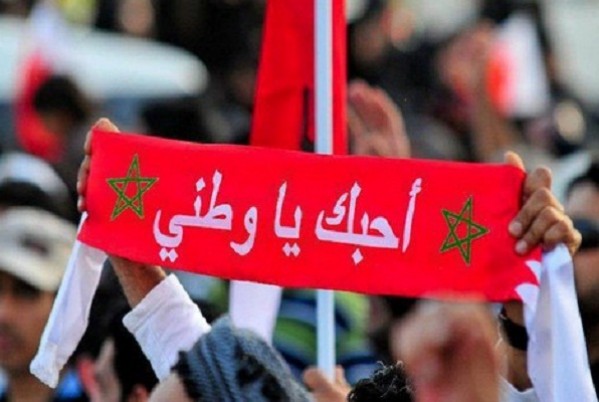
Rabat – There is widespread belief among Moroccans that they lack of patriotism and love for their homeland. This myth has been debunked by a survey conducted by Gallup International in 2014.
A sample of 64,000 people worldwide were asked:: “Would you fight for your country if it went to war?”
According to the survey, which was not picked up by the Moroccan media, 94% of Moroccans answered yes to the question.
The survey showed that Moroccans had the highest score, followed by a tie with Pakistan and Bengal 89%, Vietnam 86%, and Azerbaijan85%.
The survey also exposed the striking unwillingness of citizens from developed countries to fight for their country in case of war, Americans being at the top of that list.
44% of Americans said they would defend their country in case of war, while as little as 39% of Swiss citizens, 37% of citizens of Denmark, 30% of Canadians, 29% of Australians and French, 28% of Portuguese, 27% of British said they would fight for their country.
The bottom of the ranking is occupied by Italy with 20%, Belgium 19%, Germany 18%, the Netherlands 15% and Japan 11%.
The figures were posted by Hans Damen, General of the Royal Army ahead of the 20th anniversary commemoration of the Srebrenica massacre where over 7,000 Muslims were slaughtered by ethnic Serbian forces. The conflict happened in July 1995 during the Bosnia war between Croats, Muslims and Serbs.

The Dutch military official sought to explain why as little as 15% of Dutch expressed their willingness to defend their country versus 94% of Moroccans by comparing the historical context of both countries.
More specifically, he analysed Morocco’s political stance with regard to the country’s Jewish population and participation rate of Moroccan soldiers with the allies during World War II.
“The question arises: why are so few Dutch willing to fight for their own country, compared to the grand majority of Moroccans,” wonders Hans Damen.
“The answer to that is simple: Both Morocco and the Netherlands became embroiled in World War II by virtue of the presence of Jews in their countries. However, while the Orange ran into London, Sultan Mohammed V stayed at his post regardless of the fact that Morocco was under fascist rule.
In the Netherlands the Dutch police assisted the Nazis by working with municipal officers to locate and name all the Jews living in the Netherlands. That same year, 100,000 of the 140,000 Dutch Jews were killed by the raid,” he said.
“In Morocco, on the other hand, Sultan Mohammed V refused to reveal the location of its 200,000 Jewish citizens and spared them European death camps. While Moroccan Jews were certainly not easy during World War II the Star of David, and the gas chambers were spared to them,” he added.
Delving into his comparison between Moroccan’s and Dutch’s readiness to fight for their country, Hans Damen wondered if the 7,000 men who slaughtered in Srebrenica in July 1995 would be alive if the United Nations had stationed them there at the time.
“The fact that 94% of Moroccans answered yes to the question of whether they would fight for their country says something about the national character.. Hypothetically speaking, if the United Nations had had a battalion of Moroccan soldiers stationed in Srebrenica in 1995, would those 7,000 Muslim men still be alive today?”


